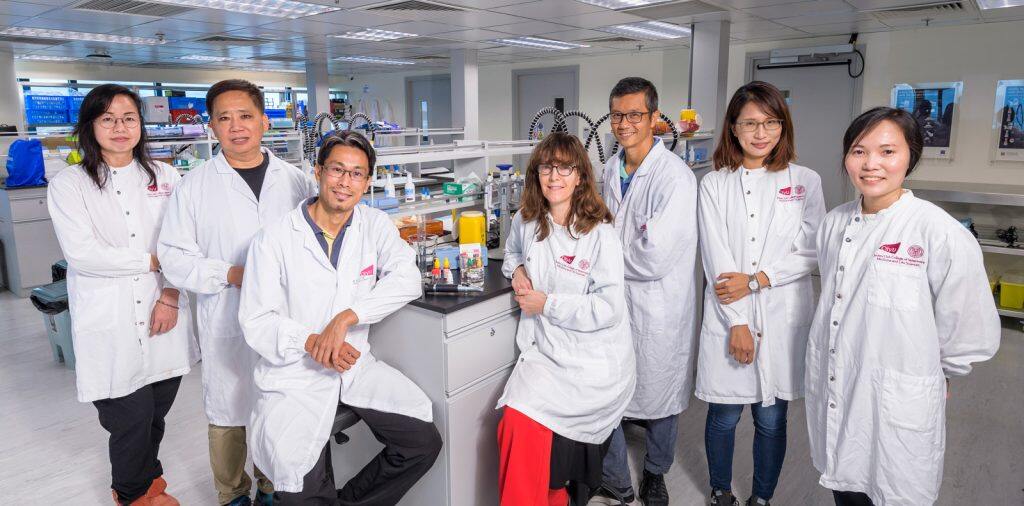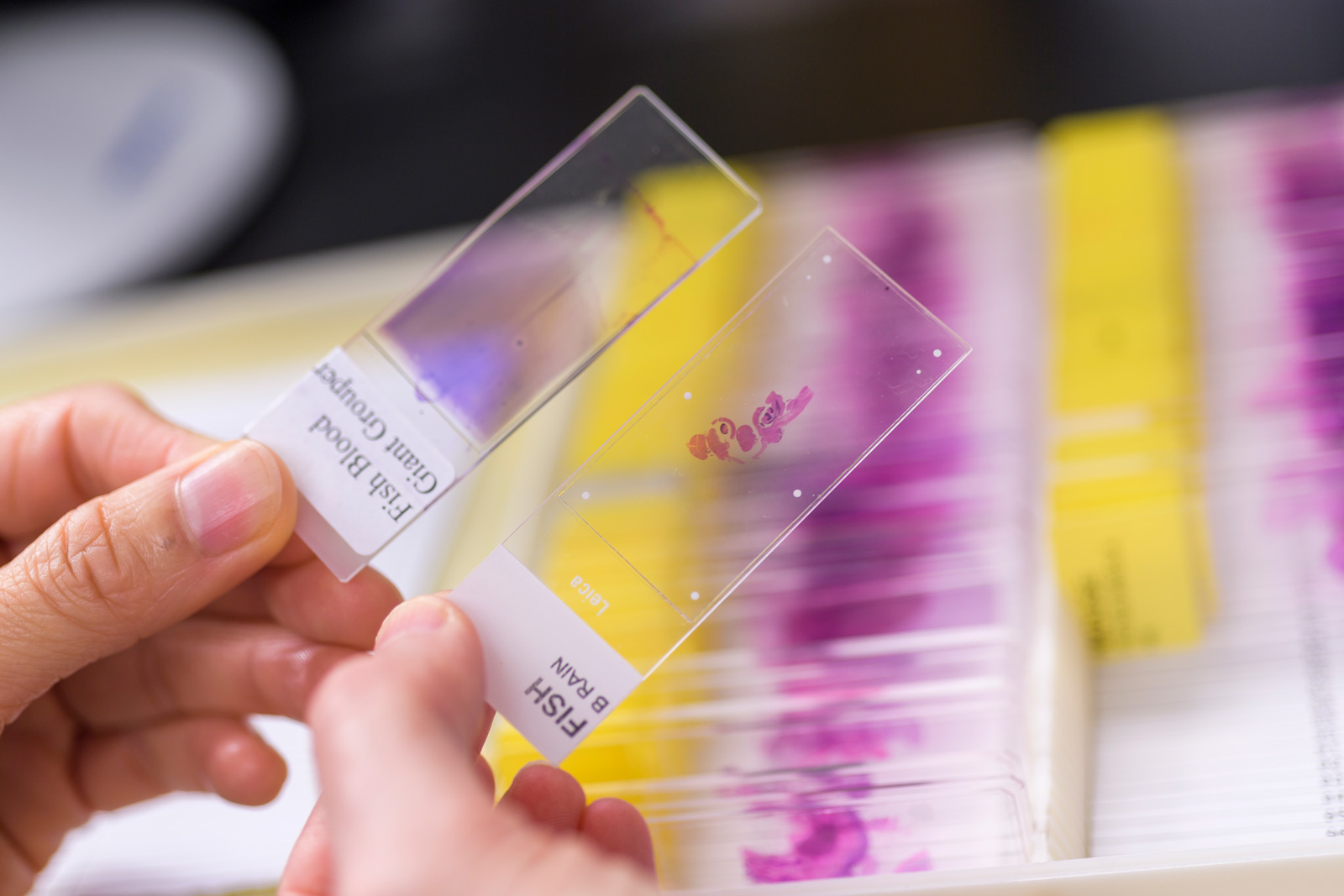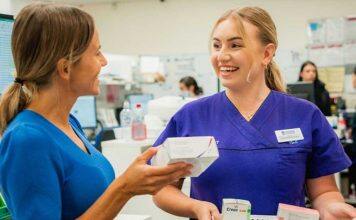The sustainable development of local fisheries is the major beneficiary of a HK$12 million government grant to City University of Hong Kong (CityU).


The grant has been awarded by the Sustainable Fisheries Development Fund under the Agriculture, Fisheries and Conservation Department (AFCD) to the Jockey Club College of Veterinary Medicine and Life Sciences (JCC) at CityU.
The grant will support a three-year project titled “Improving Fish Health and Production in Hong Kong 2020”.
Two years ago, JCC was awarded HK$5 million for a pilot research project to initiate a veterinary service for fish farmers. This new funding will expand and support additional applied research to improve and grow local fish production in Hong Kong. The significant increase in the amount of money awarded by the government – more than two-fold – reflects JCC’s expertise in, and the benefits of the service provided by the veterinary team to enhance, fish health and production locally.
The team’s new project will tackle issues such as controlling fish diseases, provide veterinary diagnosis and disease prevention services for fish farmers, and help to deal with pathogenic bacteria, parasites and harmful algal bloom (red tides) that affect fish health, with the long-term aim being enhancing food safety, according to Professor Sophie St-Hilaire from the Department of Infectious Diseases and Public Health under JCC, and the leader of both projects.


Whereas in the previous project, the JCC team provided 67 fish farmers with services such as veterinary diagnosis, disease prevention, drug supplies, preventing the spread of disease, and enhancing water quality, the JCC services will be extended to 100 farmers, including regular visits to trace fish disease, under the new project in support of AFCD’s Fish Health Inspection Programme.
“We have established a good relationship with local fish farmers over the past two years by providing veterinary services and helping them to solve aquaculture problems. Some problems weren’t completely solved during that time so we will do our best to tackle them in our new project,” Professor St-Hilaire said.
The core issues under the new project include death syndrome among flathead grey mullets in summer, composite nanoparticles of carbon and copper, developing codes for using antibiotics in fish feed, evaluating the use of probiotics in local shrimp farms, and safety measures for using cages suspended by floating rafts in marine fish culture.
In addition, the team will train local veterinarians in fish health and disease management and help fish farmers to acquire more related skills. The team will also organise workshops on fish health for farmers and help them to apply for funding through the Sustainable Fisheries Development Fund to upgrade their facilities.
Ms Monique Lam Pik-ha, a local fish farmer, said CityU’s veterinary services had helped to treat her sick fish and had taught her about the causes of, and preventive methods, for diseases. Ms Barbara Chan Chui-shan, another local fish farmer, said CityU’s team had encouraged her to upgrade her farm facilities and had showed her how to use a microscope to check fish health. Both farmers said they were delighted that CityU would continue to provide them with veterinary services for their fish farms.
Although the progress of the new project has been affected by Covid-19, Professor St-Hilaire said it offered a good opportunity for fish farmers to know more about the importance of preventing infectious diseases and maintaining food safety.
“Enhancing fish health not only reduces operating costs but also increases production, which can sustain the development of fisheries,” she said.
Members of the research team include Dr Stephen Chan Chi-ho and Dr Lim Kwok-zu, Aquatic Animal Veterinarians, Ms Grace Man Ka-yan and Mr Aaron Leung Chi-fai, Technical Officers, Ms Fiona Cheng Ka-po, Laboratory Assistant, and Ms Sandy Cheng Tzu-hsuan, Research Assistant.







































